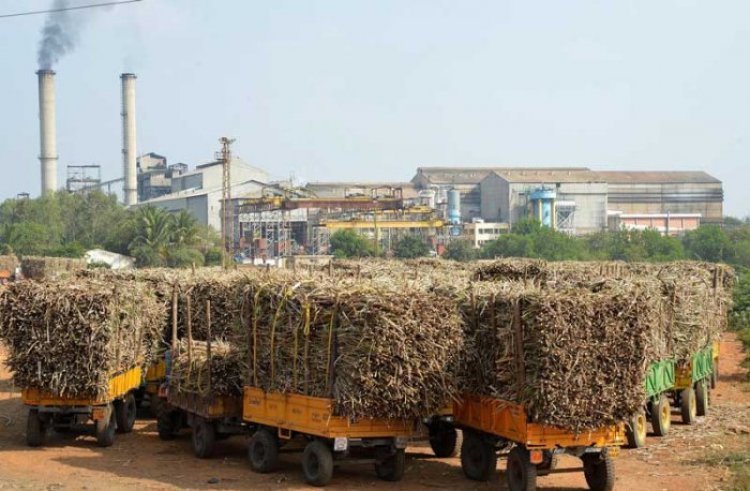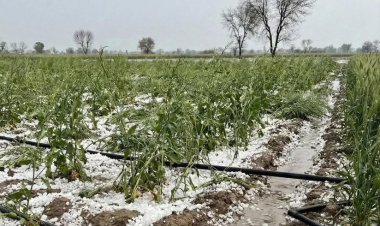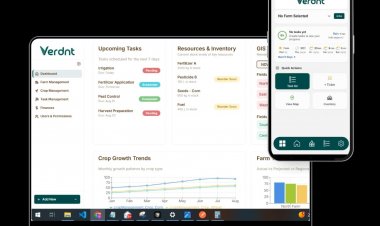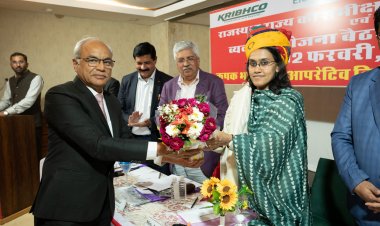Unpaid dues to cane farmers in UP Rs 7,000 crore for current season; another Rs 1,500 crore remains from previous one
Sugar mills bought 465.25 lt of cane from the farmers in the crushing season 2021-22 up to Jan 25 and produced 45.67 lt of sugar from this. The price of the cane bought from the farmers amounts to about Rs 16,000 crore while the cane farmers were paid Rs 9.157.43 crore during this period.

When Amit Shah met some Jat leaders of Uttar Pradesh (UP) on January 26, one of the issues raised by the latter in the meeting was that of delayed payments to sugarcane farmers. In fact, the issue of unpaid dues to the farmers has become a major one for the elections in western UP. In spite of the claims of record payments made by the ruling BJP, sugar mills stand in arrears of about Rs 7,000 crore to the cane farmers in the current season that runs from October 2021 to September 2022. The cane farmers are also unhappy about the fact that despite the High Court order, the UP Government moved the Supreme Court to protect the sugar mills from interest payments.
According to the report of the Cane Department of the UP Government, sugar mills bought 465.25 lakh tonnes (lt) of cane from the farmers in the crushing season 2021-22 up to January 25 and produced 45.67 lt of sugar from this. The price of the cane bought from the farmers amounts to about Rs 16,000 crore while the cane farmers were paid Rs 9.157.43 crore during this period. This implies that the unpaid dues for this season amount to approximately Rs 7,000 crore.
Rakesh Tikait, the national spokesman of the Bharatiya Kisan Union (BKU), called the government’s approach disappointing. In a conversation with RuralVoice, he said, “The government had promised the farmers payments within 14 days, but nothing of this sort is happening. This is aggravating the farmers’ troubles. The same groups that were not making timely payments during the tenure of the previous government are again shying away from payments. But no strict action is being taken against them.”
What is alarming is that the Shamli mill, which falls in the district and Assembly constituency (Thana Bhavan) of the state's cane development and sugar industry minister Suresh Rana, is yet to make full payments for last year. This gives a clear picture of how strict the government has been if this is the situation of cane payments in the home district and Assembly constituency of the Minister of the department concerned in the UP Government.
Jitendra Hooda, a farmer from the Khedi Bairagi village of the Shamli district, said to RuralVoice, “Forget the payments for this year, even last year’s cane payments are still due. This has led us to face too many challenges.”
In the last season (2020-21), 1027.50 lt of sugarcane was crushed and the sugar production stood at 110.59 lt. The sugar mills paid Rs 31,716.65 crore to the cane farmers. This is 96.07 per cent of the total cane price. Thus, 4 per cent of the payments due last season, too, remain unpaid — this amount comes to about Rs 1,500 crore. However, the 119 mills of the state have cleared all their cane payment dues in the preceding years. During the tenure of the current government, cane price payments worth a total of Rs 1,55,925.79 crore have been made.
In order to resolve the cane farmers’ resentment, the UP Government raised the State Advisory Price (SAP) of sugarcane to Rs 350 — an increase of Rs 25 per quintal — in the last week of September last year. While announcing the increase in cane price, the state government had said that the rejected varieties of cane, too, will be bought at a price of Rs 335 per quintal instead of the earlier Rs 310. However, only 1 per cent of this had been left at the time of announcement. The state government claimed that the increase in price would fetch the farmers an additional income of Rs 4,000 crore. Addressing a farmers’ conference at Lucknow, Chief Minister Yogi Adityanath had announced an interest waiver on the electricity bill dues of the farmers. All this does not seem, however, to assuage the cane farmers’ resentment.



 Join the RuralVoice whatsapp group
Join the RuralVoice whatsapp group







































